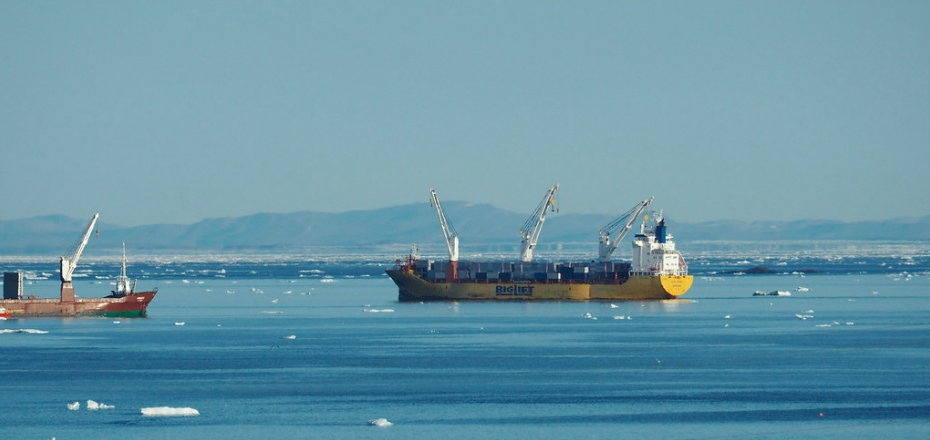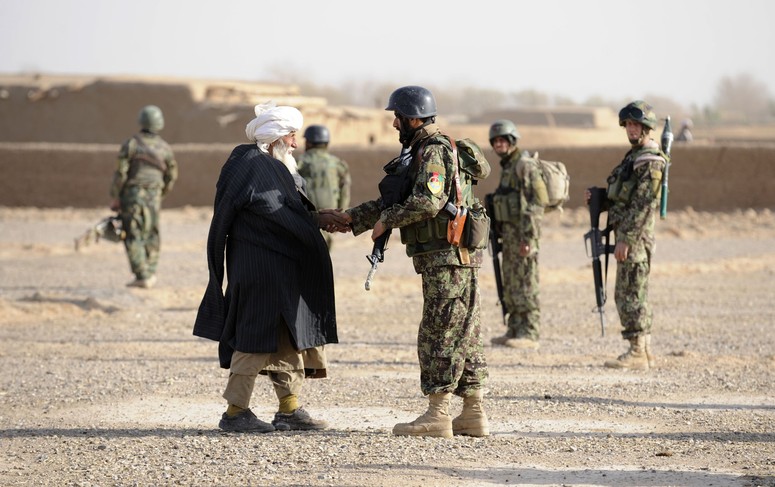In a 2018 publication regarding Arctic policy, China described itself as a “near-Arctic state”, a label that has since invited controversy due to the absence of geographical ties between the two regions.
China’s justification for being classified as “near-Arctic” is explained in the document as due to their close involvement in trans-regional and global issues in the Arctic, especially in areas such as climate change, the environment, scientific research, utilization of shipping routes, resource exploration and security. “These issues are vital to the existence and development of all countries and humanity, and directly affect the interests of non-Arctic States including China,” it explains. “States from outside the Arctic region do not have territorial sovereignty in the Arctic, but they do have rights in respect of scientific research, navigation, overflight, fishing, laying of submarine cables and pipelines in the high seas and other relevant sea areas in the Arctic Ocean, and rights to resource exploration and exploitation in the Area”.
According to the Arctic Institute, China’s contemporary involvement in Arctic affairs began in the 1980s. Since that time China has conducted numerous Arctic expeditions and in 2003 established its first research base, the Yellow River Station, on Svalbard Island. The China Remote Sensing Satellite North Polar Ground Station, which was China’s first overseas satellite receiving station, opened in Kirkenes in 2016 and a second research station, the China-Iceland Arctic Science Observatory, opened in Iceland in 2018. There are currently four Chinese research stations in Antarctica and several more which are in development.
Thus far, China’s activities in the arctic have been primarily economic. China has poured money into nearly every Arctic country. For example, it has invested billions into extracting energy from beneath the permafrost on the Yamal Peninsula in northern Russia, is drilling for gas in Russian waters alongside the Russian company Gazprom, and is prospecting for minerals in Greenland. The International Institute for Strategic Studies wrote this year that China’s interest in the Arctic region can be boiled down to three major components: access to Arctic natural resources, use of the northern trade route, and the enhancement of its image as a major global power.
This brings us to the political components of Beijing’s activities in the Arctic. China has held observer status in the Arctic Council since 2013 alongside countries such as Japan, South Korea, Singapore, India, and Italy. Decisions at all levels in the Arctic Council are the exclusive right and responsibility of the eight Arctic States, however observer states are permitted to make contributions to the Arctic Council through participating in working groups.
According to a recent article by Defence News, over the past few years international politicians and media outlets have begun to take notice of China’s role in the Arctic, often with skepticism. In 2019 Aleksi Harkonen, Finland’s ambassador for Arctic affairs, told the New York Times that China’s ambitions in the Far North mirror its ambitions everywhere else. “It’s after global influence,” he said, “including in the Arctic.”
On the other hand, some Arctic states have welcomed China’s engagement in the region and the potential role it can play as an investor. This is particularly true of Russia, whose natural resources in the Arctic have become increasingly exploitable thanks to Chinese capital investment.
Over the past three decades, the temperature in the Arctic has been steadily rising, resulting in diminishing sea ice in the summer. Scientists have predicted that by the middle of this century or even earlier, there may be no ice in the Arctic Ocean for part of the year. The melting ice has led to changes in the natural environment which could result in accelerated global warming, rising sea levels, increased extreme weather events, damaged biodiversity, and other global problems.
Rising temperatures could also have significant impacts on Arctic development. The melted ice could offer opportunities for the commercial use of sea routes and the development of resources in the region. Commercial activities in the region will have considerable impact on global shipping, international trade and energy supply, bring about major social and economic changes, and exert important influence on the way of work and life of Arctic residents including indigenous peoples. The thaw will also pose new security challenges, as greater human activity induces nations to increase their military, diplomatic and political presence in the high north.
The strategic concerns of major Arctic players, namely Russia and the United States, along with those of large non-Arctic states such as China, have become major points of interest when discussing Arctic affairs. As climate change and emerging security concerns begin to play a larger role on the global stage, the Arctic can be expected to move away from the strategic periphery and towards a mainstream role in emerging strategic politics.
Cover Image: The Future Aqsarniit Hotel, by Fiona Paton, via flickr.com. Licensed under CC BY-NC-ND 2.0.
Disclaimer: Any views or opinions expressed in articles are solely those of the authors and do not necessarily represent the views of the NATO Association of Canada.



